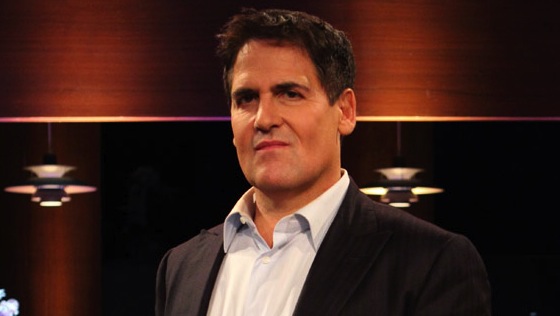Mark Cuban, the billionaire owner of the Dallas Mavericks, has a very grave message for American colleges: student loan debt will put them out of business soon. The debt itself currently tops a trillion dollars, and the federal government has been continuing to subsidize these aforementioned loans for decades.
The argument from economists is simple: if the government offers a guarantee to close the financial gap between tuition cost and the student’s actual ability to pay, this incentivizes colleges and universities (places of business before all else, we must remember) to charge much more in order to widen said gap.
The end result in the eyes of the colleges, of course, is guaranteed free money – with this perpetual lack of accountability, why in the world would they not continue this practice? This warning is not news, and economists have been posing it for a while, just as they did so for the 2008 housing bubble that “nobody saw coming.” Cuban, unlike many of his fellow investors, is choosing this time to listen.
In the words of Cuban himself:
“The problem is that bubble has led to over a trillion dollars in student loan debt, which is having a significant impact on the economy and it’s really holding us back in the economy’s ability to grow. It’s holding back housing, it’s holding back apartment building, it’s holding back car sales, it’s holding back clothing sales… anything that’s not an absolute necessity, kids can’t spend their money on.
That’s a real problem for the economy and I think that bubble is going to burst. I think it’s inevitable at some point there’ll be a cap on student loan guarantees and when that happens you’re going to see a repeat of what we saw in the housing market when easy credit for buying or flipping a house disappeared. We saw a collapse in the price of housing and we’re going to see the same collapse in the price of student tuition and that’s going to lead to colleges going out of business.”
The one silver lining from the perspective of future students, as The Princeton Review founder John Katzman aptly noted a year ago in a TEDx presentation, is that the impending burst of this bubble will in fact lead to significantly lower tuition costs. While many of the institutions themselves may not survive it, this imminent vicissitude of the educational financial climate may finally make worthwhile an investment that for many years has been laid bare as just the opposite – the skyrocketing cost of attending colleges to acquire a vacuous B.A. such as in art or Klingon, for example, has long been the cause of this.
If the bubble bursts and colleges are forced to be more conservative in their offerings and costs of operations, such superfluous reasons to even attend college in the first place could well become a thing of the past. Until then, however, the message for all prospective undergraduates should always be to make absolutely sure that their interests and goals actually require a college degree to see fruition.



